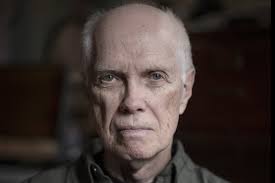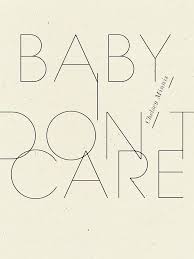
Though few of us have seen it, Samuel Beckett’s play Waiting for Godot is familiar to us all. It’s a play about nothing. Two characters, Vladimir and Estragon, wait for someone named Godot (note the surprise inside, the word “God”), only instead of someone they get no one. And a lot of waiting. Thus talking. Thus a play about waiting. And talking.
Circles, anyone? And why does the plot of Waiting for Godot remind me of the life of a poet? Let me make like Barrett Browning and count the ways.
Poets do a lot of waiting. First and foremost, for the inspiration of ideas. Second, for the “time” to write (or so they say, as they check their cell phone for the umpteenth time in the past ten minutes). And third for the discipline to write and then revise (wait for it) over and over and over and over and over again.
All of this waiting allows the poet to play Vladimir or Estragon all he wants. In lines and stanzas, if he wishes. A sonnet, if he’s playful. Haiku will do if he’s in his briefs.
But then comes more waiting. After due diligence the poems (usually in sets of five, usually in exchange for a reading fee to keep a poetry journal afloat) are turned loose on the reading world.
Response time? Surely Godot will know! If it says three months, figure six. If it says six, figure a year. If it says nine (It’s a boy! No, it’s a girl!), you may never hear back.
Keep records all you want, but keep a duster, too, so you can feather off the dates and scratch your waiting head.
There are other ways poets know Godot, I fear. Sometimes they share their poetry with other poets for criticism. Sometimes these poems are yet unpublished. Sometimes these poems are not only already published but in book form.
Nevertheless, engaging in such foolishness—especially with a poet who is more “established” (a relative term, like “uncle” and “Grandma”) than you—is just asking for the Godot treatment. Promises, after all, are the waiting experts (or so it says in their ad).
Such is the way of the world, friends. Which means? Beckett nailed it, and I can’t wait to see his play some day. And when I do, I’ll go into full solipsist mode, shouting, “Hey! It’s true! This is a play about me!”
Then I’ll look in the mirror. And see Godot.









